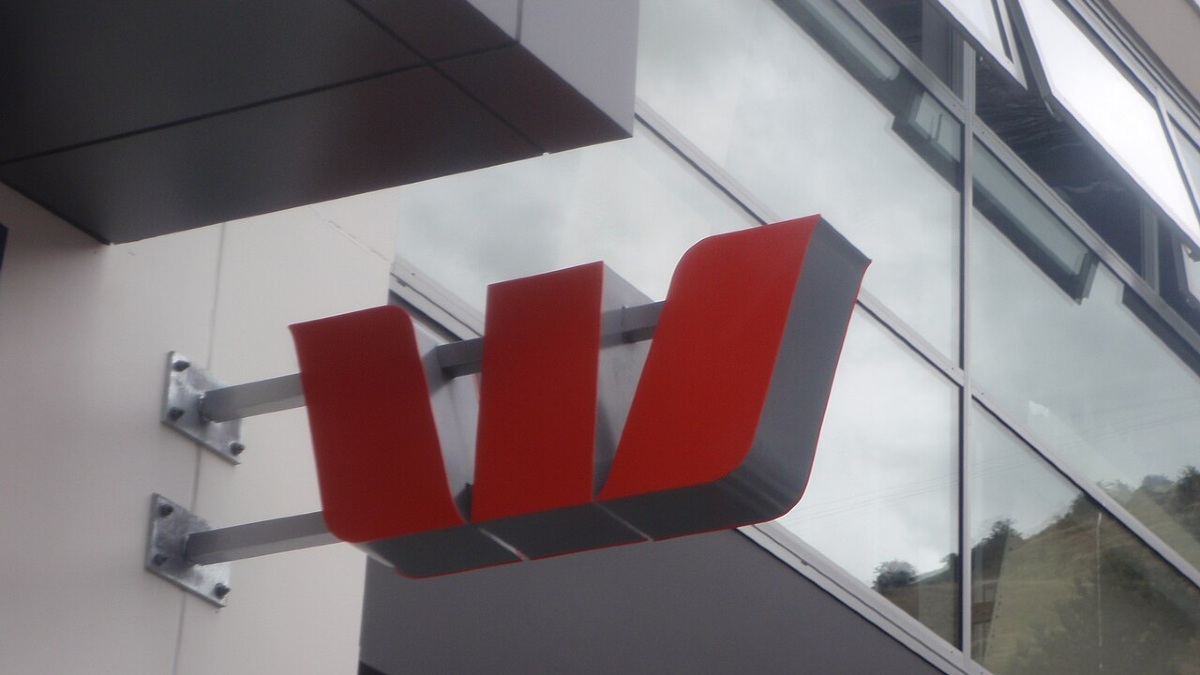For the second half of 2020 to 31 December, Commonwealth Bank's (CBA) home loan book grew by 5.6%, adding an extra $13 billion in mortgages, which is 1.5 times the general market's growth.
The number of deferred home loans from COVID - the subject of much focus over the year - are down to just 8% at 25,000 active deferrals, a far cry from the 158,000 CBA had in the first half of 2020.
The figures are likely to alleviate fears of the potential 'mortgage cliff' Australia was facing at the deferral expiry date in March.
CBA's fixed-rate mortgages saw massive levels of growth, up 38% in the back half of 2020 compared to the first six months, which had seen a 10% growth.
Such growth in fixed-rate borrowing was anticipated, with NAB chief executive Ross McEwan telling banking analysts last year that fixed rates could increase their market share by more than 20-30%, due to the certainty fixed rates provide in an uncertain time.
In response to various Reserve Bank rate cuts in 2020, CBA had cut fixed rate home loans by up to 100 basis points, but at times left variable rates unchanged.
CBA deposits up again
Commonwealth Bank's household deposits - including funds held in term deposits, savings accounts and transaction accounts - grew 16.5% in H2 2020, and the bank is now 75% deposit-funded.
This level of deposit-funding is up from 55% 12 years ago, despite the major bank offering historically low term deposit interest rates often below 0.40% p.a.
Term deposit rates offer poor interest rates on average all round, with a good portion of them having rates of 0% or near zero.
And yet, Australia's household savings rate soared to a 46-year high in 2020, with household deposits increasing by $113 billion in less than a year.
Profit falls but dividend results better than expected
Commonwealth Bank's net profit after tax hit $3.89 billion and a statutory net profit after tax of $4.88 billion, 21% lower than the prior comparative period.
These are falls of 10.8% and 20.8% respectively, but according to the bank this was a better than expected result given the "economic backdrop characterised by historically low interest rates as well as the ongoing uncertainty associated with COVID-19, which ultimately led to the first national recession in almost 30 years."
In an alleged sign of confidence, Commonwealth Bank increased its interim dividend to shareholders of around $1.45 per share from 98c in the previous half-year, although this around 75% of what it was pre-COVID.
CEO Matt Comyn said that the bank is well positioned in terms of economic and fiscal strength, and will continue to support customers in the current climate.
“The last six months have been very challenging for many Australians. We’re starting to see a marked turnaround in economic conditions which is of course very good news looking forward," he said.
"That’s primarily been on the back of very effective management of the pandemic, and a variety of both government and business support measures that have been in place.
"From our perspective, we’ve been very focussed on making sure we’re continuing to support our customers and communities. We’ve focussed on strong operational execution which has delivered above system volume growth.
"We’ve continued to strengthen our balance sheet to ensure that we’re well prepared for a range of different economic scenarios, and we’ve also refreshed our strategy to ensure we have a bolder ambition for the future."
- NAB will release its own first-quarter results on Tuesday 16 February
- Westpac will release its first-quarter numbers on Wednesday 17 February
- ANZ will do the same on Thursday 18 February
Image source: Commonwealth Bank

Ready, Set, Buy!
Learn everything you need to know about buying property – from choosing the right property and home loan, to the purchasing process, tips to save money and more!
With bonus Q&A sheet and Crossword!



 Denise Raward
Denise Raward


 William Jolly
William Jolly


